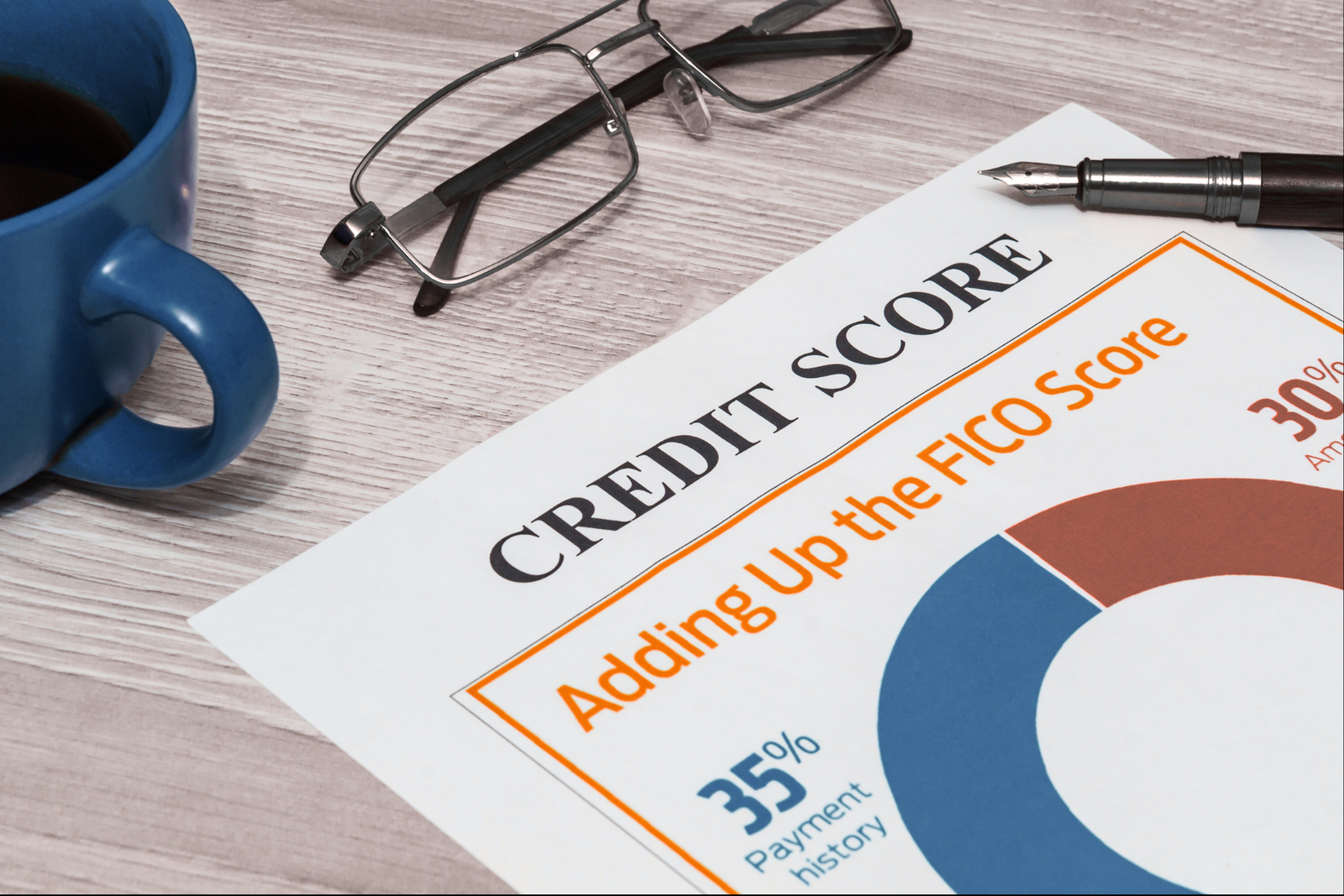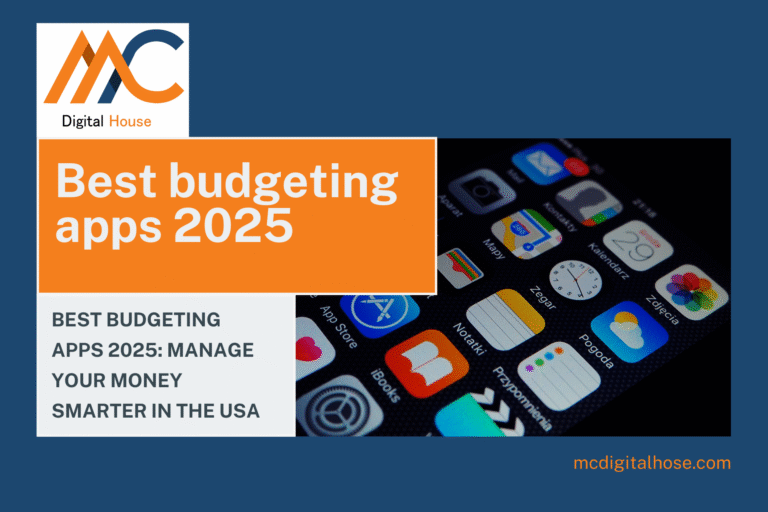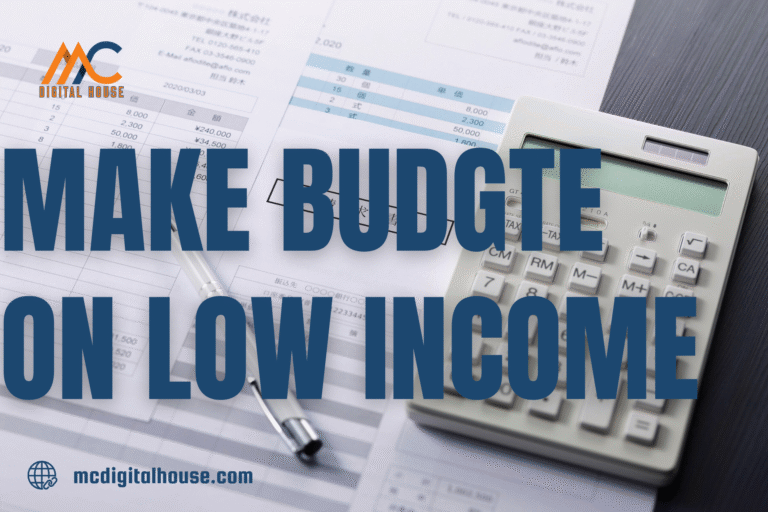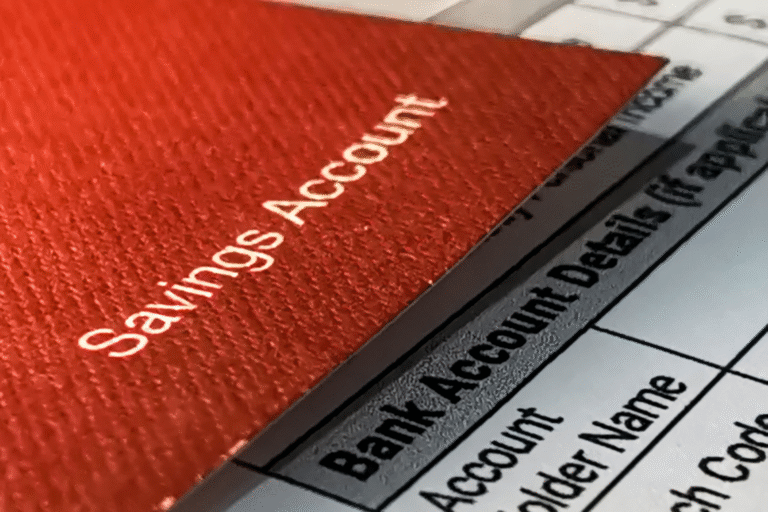Simple ways to improve credit score in 2025
When it comes to your finances, your credit score is one of the most important numbers in your life. Lenders and financial institutions refer to your credit score for an assessment of your creditworthiness whenever you apply for a mortgage, rent an apartment, or seek approval for a credit card. Higher scores have a better chance of being approved and receiving lower interest rates, which can save you thousands over time!
The great news? You will not need any convoluted financial ideas to increase your score. By merely changing a few of your financial habits, you will incrementally improve and build a good credit profile. We will look at simple methods to improve your credit score, along with pointers, examples, and bad habits to avoid.
What Is a Credit Score?
A credit score is a three-digit number that usually ranges from 300 to 850, which indicates your creditworthiness. It is based on the information that is included in your credit report, which is maintained by the major credit bureaus, Equifax, Experian, and TransUnion.
Most credit scoring models (like FICO) weigh out the factors in the following way:
- Payment History (35%) – Have you made payments on time?
- Credit Utilization (30%) – How much of your available credit are you using?
- Length of Credit History (15%) – What is the length of time that you have been establishing credit accounts?
- Credit Mix (10%) – Do you have a variety of types of credit accounts (loans, credit cards, etc.)?
- New Credit (10%) – How often do you apply for credit?
The higher your score is, the more likely you will be approved to receive credit with better terms.
1. Pay Your Bills on Time
Late payments are the most detrimental to your credit score. A single late payment can remain on your credit report for seven years.
Why is this important: Payment history makes up 35% of your score.
Simple strategies
- Set up automatic payments on credit cards, loans, and utilities.
- Set a calendar reminder for due dates.
- Even if you cannot pay the bill entirely, make the minimum payment to avoid a late payment showing on your credit report.
For Example, if your credit card is due on the 15th, set up an automatic payment for at least the minimum balance by the 10th.
2. Keep Credit Utilization Low
Credit utilization is the data point for how much of your available credit is being used. For example, if your credit limit is $2,000 and you carry $1,000, that is 50% utilization, which is quite high.
Why is this important: Utilization is 30% of your score. Experts suggest keeping utilization below 30%, and ideally below 10% for best results.
Tips for lowering utilization
- Pay off credit card bills early during your billing cycle.
- Make multiple smaller payments a month throughout the month.
- Ask for an increase in credit limit (but don’t allow your spending to go up).
For Example: If your credit limit is $1,000, have a plan to keep your balance below $300.
3. Maintain Older Accounts
Many individuals believe that by closing old credit cards, they will improve their credit score. In fact, you may be doing more harm than good because you are decreasing your credit available and also the average age of your accounts.
Why this is important: The length of credit history is approximately 15% of your score.
What to do instead
- Keep old accounts open even if you rarely use them.
- Use them a couple of times for small purchases and pay them off right away to keep them open and uncharged.
4. Limit New Credit Inquiries
When you apply for credit, a hard inquiry is placed on your report. Too many inquiries in too short a time may affect your score negatively.
Why this is important: New credit inquiries are approximately 10% of your score.
- If you think of applying for the credit:
- Only apply for credit when it’s truly needed.
- Try to spread out applications over as much as 6 months.
- If your credit is good, check if lenders have the option to prequalify using a soft inquiry.
Example: Having an old store credit card that you haven’t used in 10 years will help maintain your score by the length of time it has been open.
5. Review Your Credit Reports
Errors can harm your credit reports and score without you even knowing.
Why it matters: You can obtain a free credit report from each bureau once a year at AnnualCreditReport.com.
What you need to do
- Obtain credit reports from Equifax.com, Experian.com, and TransUnion.com. (Keep the hard copies for the file.)
- Look for incorrect account balances, late payments, or accounts you don’t recognize.
6. Have a Diverse Credit Mix
Creditors prefer to see that you have experience managing various types of credit.
Why it matters: Credit mix is 10% of your score.
Credit mix types
- Revolving credit, such as credit cards or store cards.
- Installment loans, such as auto, student, mortgage, or personal loans.
Important: Don’t incur unnecessary debt just for a mix of credit. But if you naturally need to acquire a loan, it could help you mix your credit.
7. Become an Authorized User
If you have a family member or friend you trust, and they have good credit, ask them to add you as an authorized user to their card.
Benefits
- You can benefit from their positive payment history.
- You don’t even have to use the card!
Caution: You should only do this with someone responsible with credit, as their poor payment habits can also negatively affect you.
8. Pay Down Debt Intentionally
Having debt might have a significant impact on your credit score. The debt issue comes down to paying it down intentionally.
Try different methods to lower debt:
- Sanowball method: You should pay off the smallest debts first for quick, small wins. When the debts are smaller, you might be motivated to pay even more.
- Avalanche method: You should pay the highest-interest credit cards first, saving you money along the way.
Example: If you had $500 on one card (25% APR) and currently have $2,000 on another card (15% APR), the avalanche method says to address the $500 first, so you can spend less on interest.
9. Use a Secured Credit Card
If you are new to credit or if you are rebuilding after a past issue with credit, a secured card may be your best option.
Here’s how it works
- You deposit a certain amount of money (e.g., $300), which becomes the limit on your credit card.
- If you use the card responsibly and pay the full balance each month, after 6 and up to 12 months, the majority of issuers will upgrade you to an unsecured credit card.
10. Demonstrate Patience and Consistency
Enhancing your credit score is a long process, often dependent on your behaviour as opposed to a quick or immediate one (you must realize that old habits die hard). While there are no fixed remedies for the health of your credit report and credit score, simply practicing good everyday habits will lead to a score increase eventually.
- Keep your balances low.
- Make payments on time.
- Review your score every few months.
Keep in mind, the further you are from practicing good credit habits, the longer it will take to see improvements.
Additional Tips To Improve Your Credit Faster
- Set on autopay everything: utilities, internet, your phone, and loan bills
- If you’ve fallen behind with payments, negotiate with your creditors, as some may waive late fees or indicate that the account is in good standing
- Use rent-reporting services (e.g., Experian Boost) to include utility bills and rent payments in your credit report
- If you are able, pay twice a month on your credit card(s) for better usage rates of credit available.
How long does it take to improve a credit score?
It truly depends on your starting point. You can make small improvements in as little as 1-3 months, given you practice for consistency, or larger improvements in 6 – 12 months.
What is the fastest way to improve a credit score?
Paying down high balances and disputing errors are usually the fastest routes to increase your credit score. Becoming a joint user can often help boost your score as well.
Will checking my own credit score help lower my score?
Not at all! Checking your own score is considered a soft inquiry, which does not impact your credit score.
Will paying off collections help improve my score?
Yes, especially under the newer scoring models.
Conclusion
It doesn’t have to be hard to improve your credit score. You can start by following a few simple steps: paying your bills on time, keeping balances low, not applying for credit unless you are sure you want it, and regularly checking your reports. These steps will keep you on the path of steady improvement toward a better financial future.
A good credit score can save you money, keep you from stress, and lead to opportunities, such as favorable loan terms, cheaper insurance, or housing. Take small and consistent steps this week, and your score will reflect that next week.







